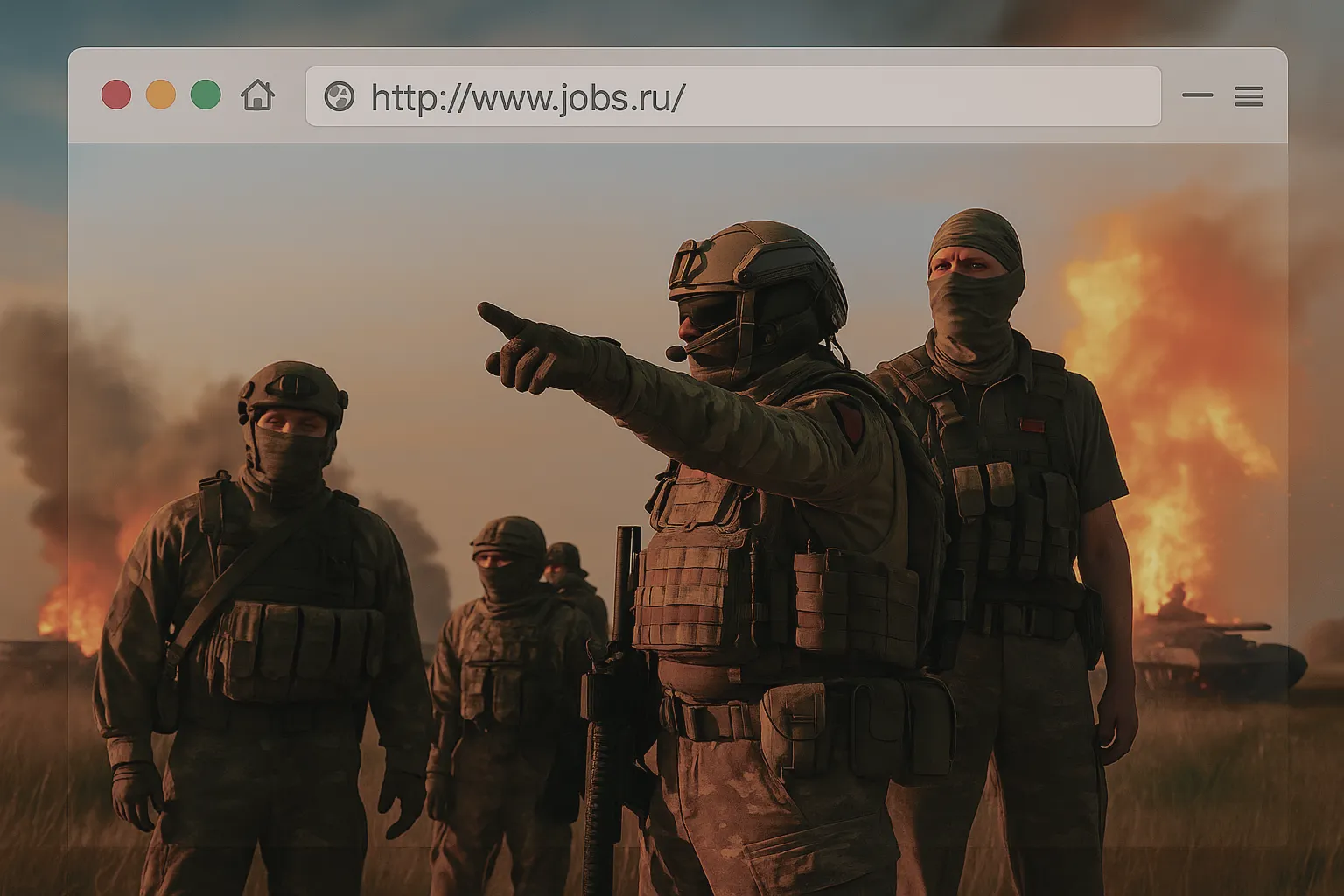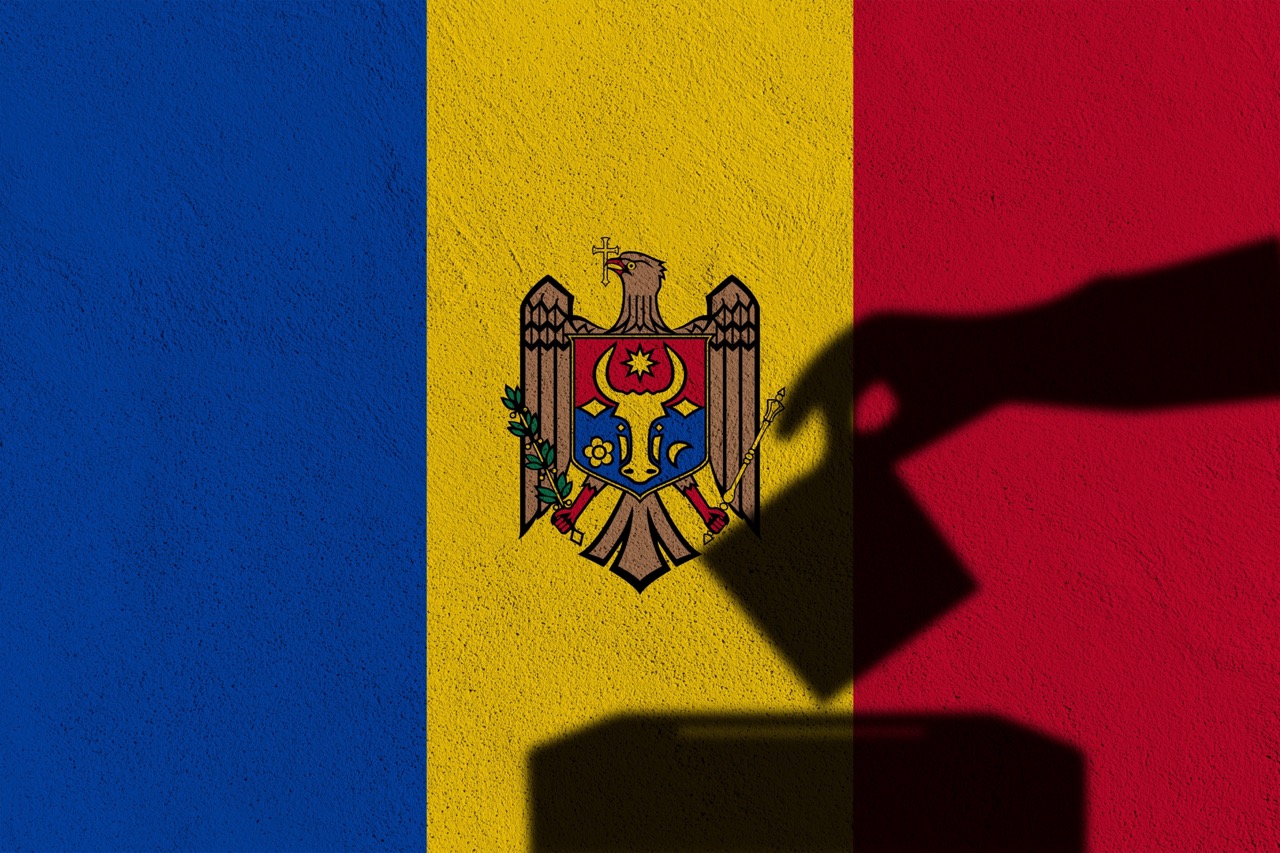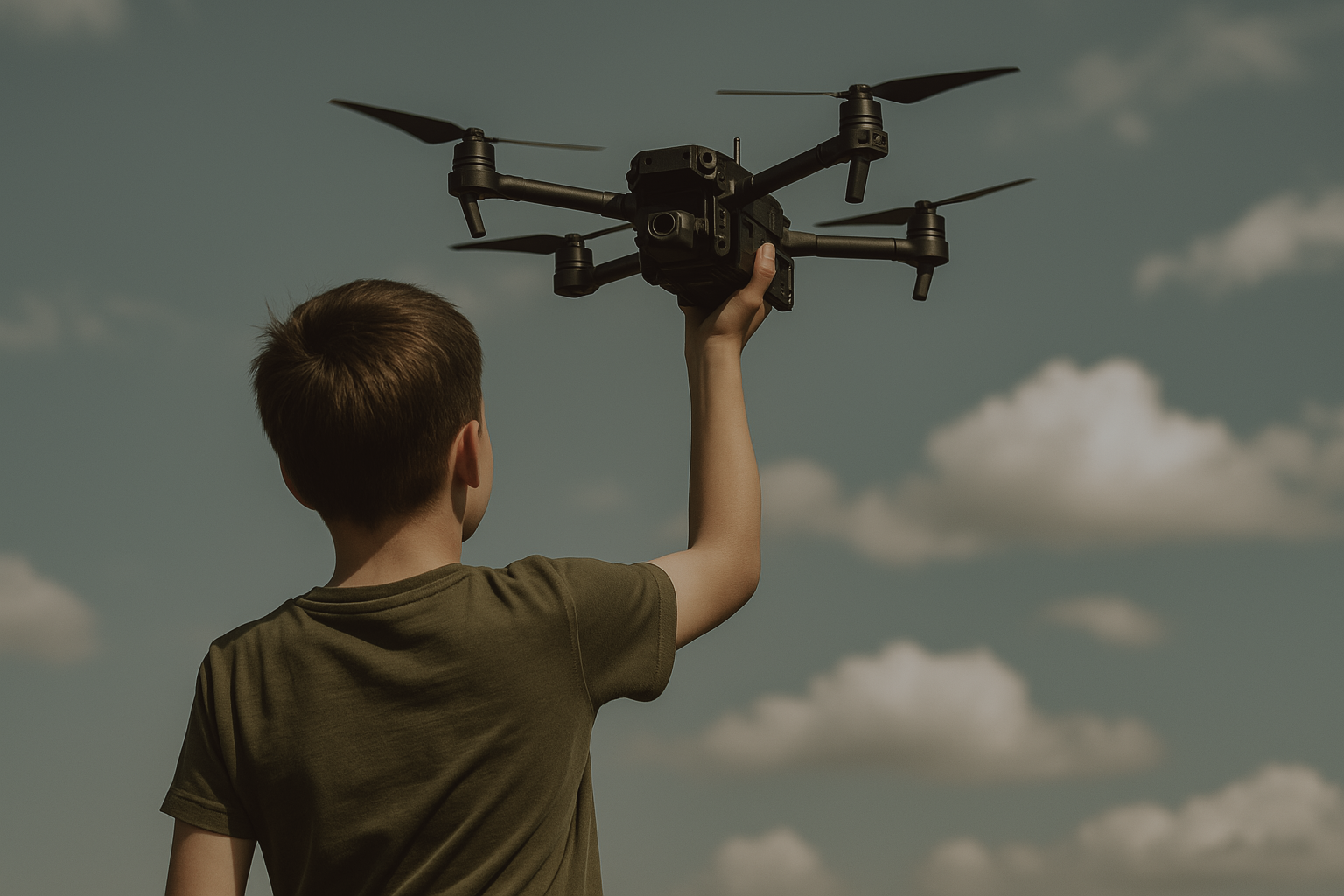
Narcissist, Manipulator, Psycho: What Kind Of Russians Support The War?
Executive Summary
{{margin-small}}
This Report covers the interplay between individual values, dark personality traits and war support.
- It is reasonable to hypothesize that wars tend to attract individuals with socially undesirable traits, such as the dark triad traits of narcissism, Machiavellianism, and psychopathy. These traits are characterized by selfishness, emotional coldness, manipulativeness, lack of empathy, and a tendency to ignore the interests of others.
- Empirical research shows that the dark triad traits do not provide any useful information for understanding who supports Russia’s war against Ukraine. There are no statistically significant or negligible correlations between the traits of the dark triad and support for the war and V. Putin. Representatives of the Russian society clusters do not differ from each other in terms of narcissism, Machiavellianism, and psychopathy.
- The link between groups of values and measures of support of the war and the political leader is not particularly strong, except for the values of Conservation. Respondents who subscribe to this worldview, prioritizing personal and communal safety, traditional values, and compliance with social norms, are more likely to voice support for the government and “special operation.” However, those who hold conservative values do not necessarily oppose peace negotiations.
- Pro-war Russians are significantly more conservative (have significantly higher rates of Conservation values), valuing tradition and adherence to rules and norms than anti-war audiences. Hawks have higher Self-Transcendence scores than all other groups, which are not significantly different from one another. Thus, the Hawks appear to be the most “altruistic” respondents, which is rather strange, given their ardent support for military action against the neighboring state.
{{margin-big}}
Methodology
{{margin-small}}
SAMPLE
Respondents were recruited online.
The sample was stratified by sex and age (equal age and sex groups 18-30, 31-44, 45-60 years). The data was cleaned, the analysis excluded people who did not answer all the questions. The final sample consisted of 1026 respondents, 512 men, 514 women. The mean age of the respondents is 37.5, the standard deviation is 11.6.
To determine which cluster of Russian society, based on their war attitudes, respondents belong to, they read three generalized descriptions of different clusters. They then chose the ones that suited them best.
Cluster 1. Hawks (15.9%). Firmly believe that Russia is moving in the right direction, support the war against Ukraine, strongly identify themselves with Russia and Russians, believe in themselves and their group, have low stress levels, and are psychologically well.
Cluster 2. Loyalists (39.9%). Hold the same beliefs as the Hawks but express them much less vividly than the latter. They have an average level of stress and a high level of authoritarian obedience.
Cluster 3. Uncertain (11.9%). Have average rates of support for the war and are not sure if Russia is moving in the right direction, but their level of psychological suffering is the same as that of Poor Liberals.
Cluster 4. Poor liberals (17.3%). In their opinion, Russia is moving in a catastrophic direction. They oppose the war and do not identify themselves with Russia and the Russians. They do not believe in their own strength and the strength of their group to change the course of events. They have the highest stress level among all clusters, and the indicators of psychological, emotional, and even social well-being are the lowest.
Cluster 5. Moderate Liberals (15.1%). Oppose the war against Ukraine, but not as clearly and pronounced as the Poor Liberals. They’re also more prosperous and older than the latter.
{{margin-small}}
STUDY DESIGN
{{margin-small}}
Respondents answered a set of socio-demographic questions, questions about their attitudes towards the ongoing war against Ukraine (“Special military operation”), Russian President V. Putin, peaceful negotiations with Ukraine, the country’s direction, the Dark Triad Dirty Dozen test, and Portrait Values Questionnaire revised (PVQ-RR) by S. Schwartz.
The dark triad is a trio of negative personality traits that include narcissism, Machiavellianism, and psychopathy. These traits are distinct from one another, but they also have the ability to overlap and present in one individual. Narcissism is characterized by a grandiose sense of self-importance, a lack of empathy for others, and a need for admiration. Machiavellianism is characterized by manipulation and exploitation of others, a cynical disregard for morality, and a focus on self-interest and deception. Psychopathy is characterized by persistent antisocial behavior, impaired empathy and remorse, and bold, disinhibited, and egotistical traits.
The Portrait Values Questionnaire is built on the Theory of Human Values by Shalom H. Schwartz. He specifies 19 individual values, each distinguished by their underlying motivation or goal, and he explains how people in all cultures can be understood in terms of these values. Values serve as “guiding principles in the life of a person or group.”
For our analysis, we will use groups of values identified by Schwartz:
Self-Transcendence, which is characterized by universalism and benevolence, and emphasizes concern for the welfare and interests of others, sometimes despite one’s own egoistic interests. Values included: Humility, Universalism (Concern, Nature, Tolerance), and Benevolence (Dependability, Caring).
Self-Enhancement is characterized by power and achievement, as well as partly by hedonism, and emphasizes pursuit of one’s own interests and relative success and dominance over others1. This is in contrast to self-transcendence. Values included: Hedonism, Achievement, Dominance over people, Resources, Face.
Openness to Change is characterized by being self-directed and stimulated, and partly by hedonism. It emphasizes being independent in thought, action, and feelings, and being prepared for change. Values included: Autonomy of Thought, Autonomy of Action, Stimulation, Hedonism.
Conservation is characterized by security, tradition, and conformity, and emphasizes order, self-restriction, preservation of the past, and resistance to change. Values included: Face, Security Societal and Personal, Tradition, Conformity of Rules and Interpersonal, Humility.
Descriptive statistics, Pearson correlation ANOVA, eta squared effect size, pairvise comparizons with the Tukey post hoc test, Cohen D effect size were used for the data analysis.
{{margin-big}}
Key Findings
{{margin-small}}
It may be an intuitive assumption that individuals who possess socially undesirable traits, including the dark triad traits of narcissism, Machiavellianism, and psychopathy, are drawn to war. These traits are associated with qualities such as self-centeredness, emotional detachment, manipulation, lack of empathy, and disregard for the well-being of others.
However, the dark triad traits do not provide any useful information for understanding who supports Russia’s war against Ukraine. According to empirical research, there are no statistically significant or negligible correlations between the traits of the dark triad and support for the war and V. Putin. Moreover, representatives of the Russian society clusters do not differ from each other in terms of narcissism, Machiavellianism, and psychopathy.
These findings correspond to the experience of many Ukrainians who are surprised to find that many supporters of war among their relatives and acquaintances in Russia can be normal, and sometimes decent, good people outside of their support for Russia's aggressive policies.
The connection between sets of values and levels of support for war and political leaders is not particularly strong, with the exception of the values associated with Conservation. Those who hold this worldview, which prioritizes personal and communal safety, traditional values, and adherence to social norms, are more likely to express support for the government and the war. It is worth noting that while these individuals support these measures, they do not necessarily oppose peace negotiations; while the correlation is negative, it is also l insignificant.

The application of ANOVA to compare the groups of Values across different clusters of Russian society revealed that the most significant difference is within Conservation, though the distinctions between the clusters are moderate (η2 > 0.06 indicates a medium effect). The corresponding η2 value is 0.1, which indicates an average difference between the study clusters.
Pro-war supporters are significantly more conservative, valuing tradition and adherence to rules and norms, than anti-war Russians. However, there are some unexpected findings. In particular, Hawks have higher Self-Transcendence scores than all other groups, which, as a series of pairwise comparisons shows, are not significantly different from one another.
Thus, the Hawks appear to be the most “altruistic” respondents, which is rather strange, given their ardent support for military action against the neighboring state. Apparently, they only perceive Russians who are hungry for war as “their people,” not humanity or even those Russians who condemn war.
-17.png)
{{margin-big}}
Conclusion
{{margin-small}}
The dark triad traits of narcissism, Machiavellianism, and psychopathy (e.g. "bad guy's" traits) do not provide any useful information for understanding who supports Russia’s war against Ukraine. These findings correspond to the experience of many Ukrainians who are surprised to find that many supporters of war among their relatives and acquaintances in Russia can be normal, and sometimes decent, good people when it comes to not supporting Russia’s aggressive policies.
The link between groups of values and measures of support of the war and the political leader are not particularly strong, except for the values of Conservation.
Pro-war supporters are significantly more conservative, valuing tradition and adherence to rules and norms than anti-war Russians. Hawks have higher Self-Transcendence scores than all other groups, which are not significantly different from one another. They appear to be the most “altruistic” respondents, which is rather strange, given their ardent support for military action against the neighboring state.

.svg)








.png)
















.png)


.png)




.png)







-01-2.jpeg)
-01.png)
-01.png)




-01%25202-p-500.png)







